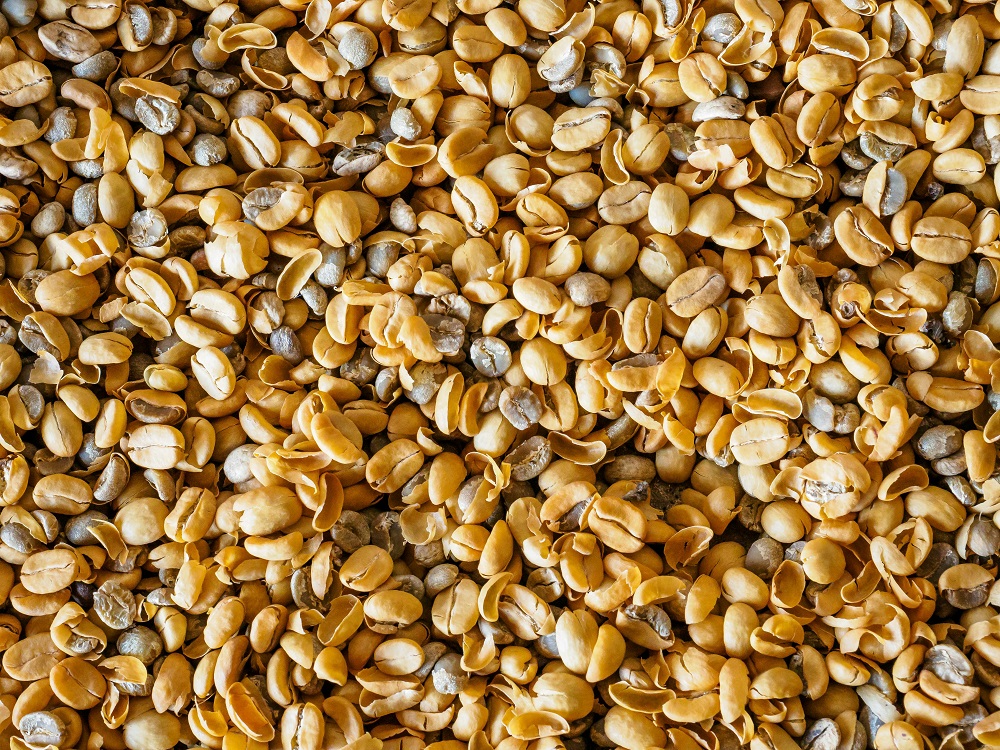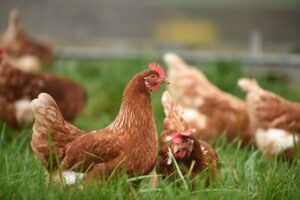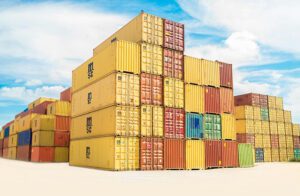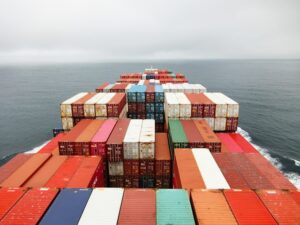In response to ongoing tensions surrounding the conflict in Ukraine and concerns raised by European farmers about cheap agricultural products exported from Ukraine, the European Union (EU) has announced plans to introduce grain tariffs on imports from Russia and Belarus, the Financial Times reported last week.
This move, disclosed by European Trade Commissioner Valdis Dombrovskis on Friday, aims to address both geopolitical pressures and domestic agricultural challenges within the EU.
The proposed tariffs are designed to restrict the flow of grain imports from Russia and Belarus by raising prices and limiting market access for these countries. Commissioner Dombrovskis emphasized that the increased tariffs would effectively serve as a ban on imports, impacting the revenue streams of Russia and Belarus.
Furthermore, the EU seeks to prevent any grain originating from Ukraine, falsely labeled as Russian, from entering the bloc, thereby safeguarding the integrity of the supply chain.
The decision to impose tariffs follows a series of protests by European farmers, who have voiced concerns about the influx of cheap Ukrainian agricultural products. Farmers argue that these imports, currently benefiting from tax exemptions and duties, undermine domestic agricultural production, particularly in regions bordering Ukraine.
The protests have prompted calls for policy action to support European farmers and ensure fair competition within the agricultural sector.
However, the proposed tariffs have drawn criticism from Moscow, with Russian officials warning of potential implications for global food security. Russian authorities caution that such measures could disrupt the stability of the global food market, adding to the challenges already posed by Western sanctions.
The Russian Foreign Ministry spokeswoman has emphasized the importance of dialogue and cooperation to address shared concerns about food security.














